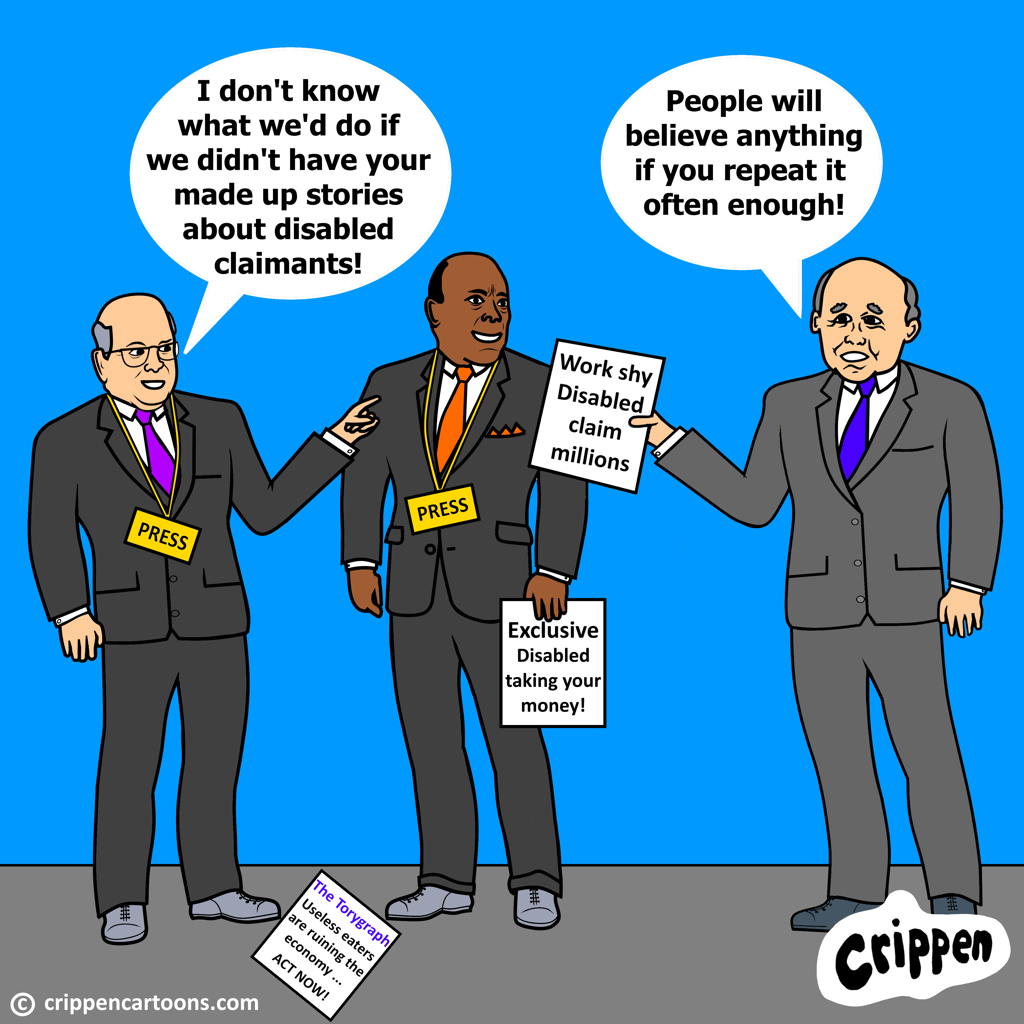As the UK welfare state continues to be systematically demolished by the Tory government and disabled people are labelled as work shy scroungers, I suspect that many of us are looking forward to the next general election where we’ll all have the opportunity to vote in an alternative government and put a stop to this tyrannical behaviour.

But wait. If you’re thinking of voting Labour, don’t forget that it was the Labour party under Tony Blair (1997-07) that introduced the 2006 Welfare Reform Bill that brought in the American social and labour market policies. This guaranteed that claimants of long-term out-of-work sickness and disability benefit were to be coerced and intimidated by the Department for Work and Pensions (DWP) simply for committing the ‘crime’ of being too ill to work.
Also, it was Labour again when Gorden Brown (2007-10) introduced the fatally flawed Waddell-Aylward biopsychosocial (BPS) model of assessment, adopted for the Work Capability Assessment (WCA).
And it wasn’t just Labour. The justification for the increased use of sanctions against disability benefit claimants was brought in by the Cameron-Clegg Coalition (2010-15). This caused a major mental health crisis for many disability benefit claimants.
So, that seems to leave us with the Lib Dems or the Green Party, both of whom make little or no reference to disabled people in their manifestos. In fact, I couldn’t find a single reference to disability on the Green party web site and the Lib Dems just seem to have tacked on ‘disability’ to their various equality-oriented sound bites without any real recognition of our oppression.
At the last count there were around 16 million disabled people in the UK which makes up a quarter of the total population. This also means we have a loud voice if we all decided to shout out together.
I seem to remember a film based upon a similar situation over in the States. Thousands of people spoiled their vote by printing ‘none of the above’ on their ballot papers which resulted in a minority party being elected in the rerun. I suppose that we could all do something similar and spoil our ballot papers by printing ‘Disabled people demand equality’ across them!
It’s a thought.
Description of cartoon for those using screen reading software
A large stone edifice representing the Welfare State is slowly being eroded by Rishi Sunak and Therese Coffey of the Tory party who are attacking one of its pillars with a small pick and a large knife. Under the large main slab which has ‘Welfare State’ etched into it are two disabled people. They are both looking fearful as the main slab starts to move. Alongside an adjacent pillar are Iain Duncan Smith and Keir Starmer. IDS is saying to Starmer: “As you can see Sir Keir – it will only need a push from you to bring the whole thing crashing down!”








